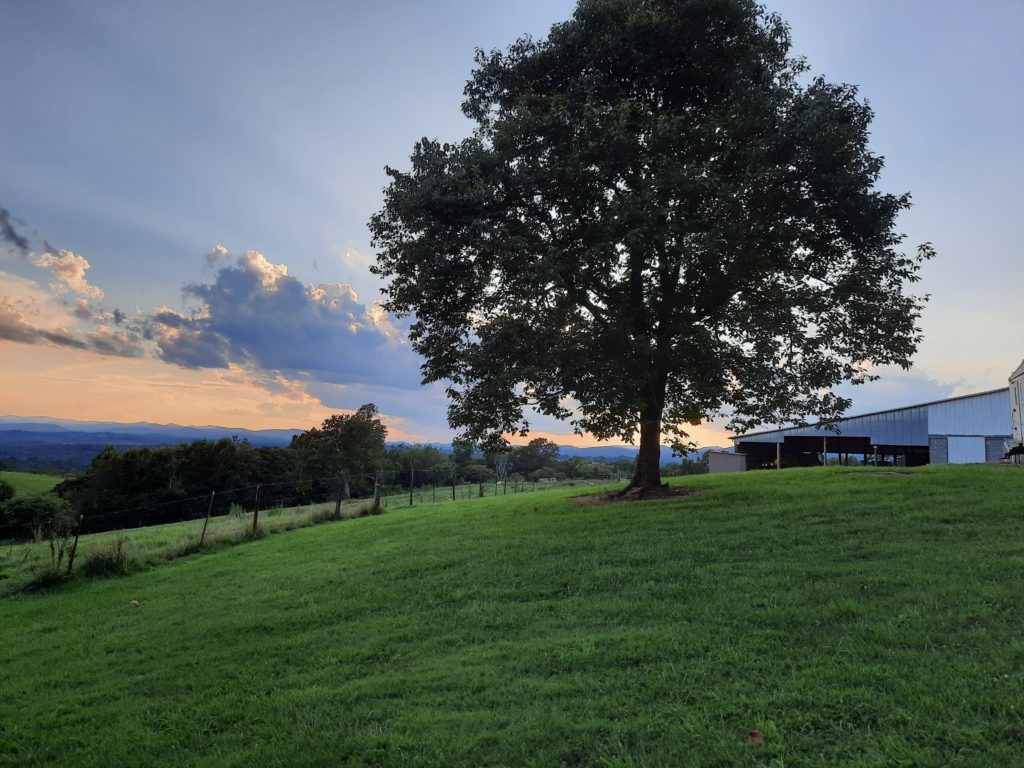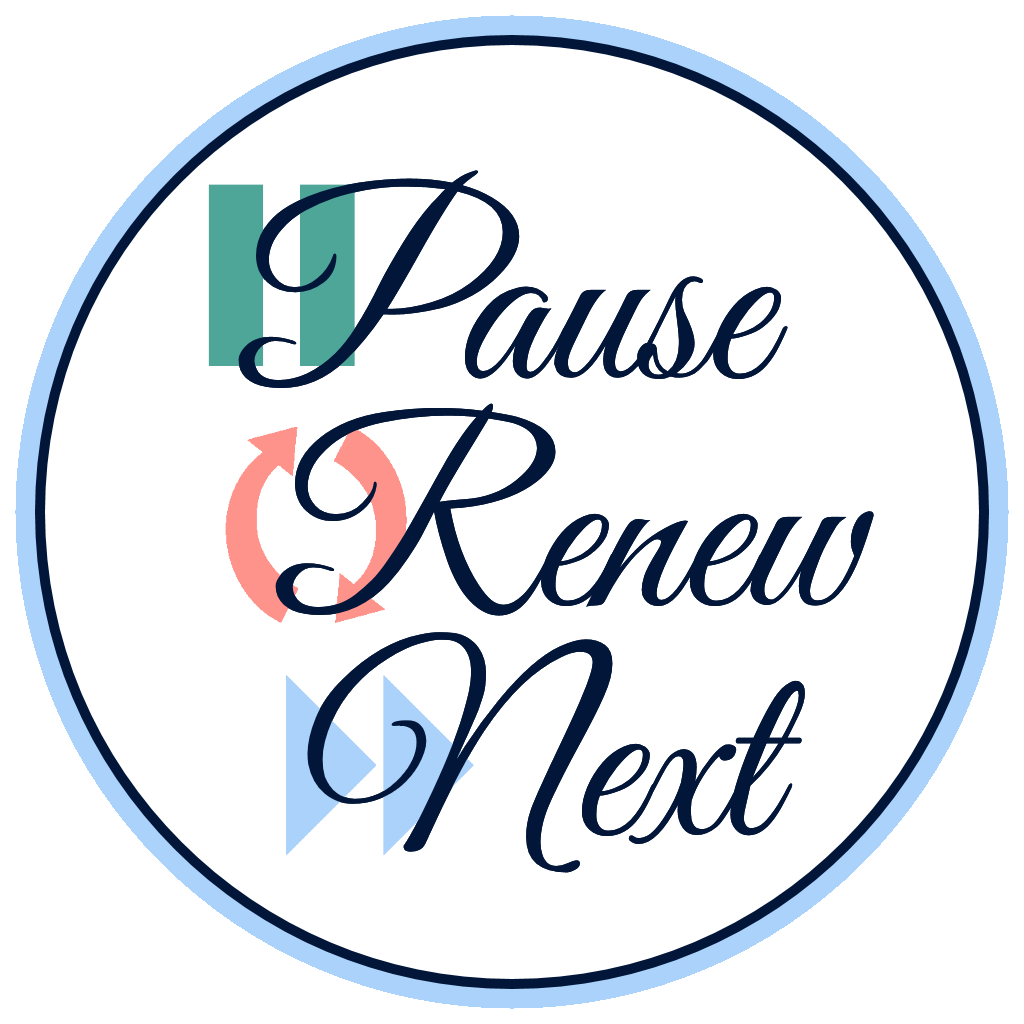The last year is one for the record books. Literally. We certainly haven’t seen anything like a global pandemic in our lifetimes, and hopefully we won’t see one again anytime soon. Considering the magnitude of the life changes and grief that many have undergone this year, the resilience we’ve individually and collectively displayed is to be commended. Many of us transitioned to working, schooling, and going to church remotely, and we did it almost seamlessly. Our entire world changed the way it does business and travel, yet most of us kept on living day to day like we’d been performing remotely our whole lives. It quickly began to feel normal. Resilience is a beautiful thing.
Adaptation and survival are a part of resilience. Our bodies and emotions, however, may be telling a different story. As the pandemic began, anxiety spiked across the world. Fear and worry were normalized, as so many people were asking the same questions: How long will we be in lockdown? How soon will the vaccines be developed? How long will I have to homeschool my children? How long will we have to wear masks? And most importantly, am I safe?
Then, as the months slid by, anxiety turned to irritability. You see, anxiety and anger are two sides of the same system: fight or flight. Anxiety often causes us to avoid and worry. It makes us feel powerless. What then is the antithesis of powerlessness?
Anger. It fuels us with the adrenaline we need to affect change. When we lost control of our lives and the powers-that-be would not give us answers quickly enough, anger began to simmer. It is frustrating to not know how to plan your life! To not be able to plan a trip, a wedding, or even a school year. It is frustrating to be trapped at home with the same people day in and day out, even if they are your favorite people.
During a perfect storm of collective anger, the United States entered the election season. We all know how that turned out. People did not come together during the pandemic but, instead, became more angry and further divided and isolated.

Enter depression. As the long months of a pandemic wore on, and powerlessness compounded, apathy began to develop. I’ve heard depression called “frozen grief,” and I think that is an accurate phrase to describe what we experienced as a society. What happens when we can’t enact control over our own lives? Eventually, when anger doesn’t work, we give in to a sense of powerlessness and lose the energy to fight. We are created for community, and months of social distancing worked to make us feel alone and isolated. Add to this short daylight hours and the dreariness of winter, and I think we can say that many of us were living with at least low-grade depression over the past few months, marked by low energy and motivation.
Finally, however, hope is blossoming. Summer is on the horizon. Vaccines have been rolled out. Mask mandates are waning. Herd immunity is a real possibility. People are transitioning back to in-person work and schooling. It seems that now we should be overjoyed about getting back our “old lives.” Why then, does it feel like a mixed bag?
I propose that actually, anxiety, irritability, and emotional dysregulation may be on the rise again. Although it seems counterintuitive, seasons of transition (even good transition) create stress. After months of living life remotely, to then be told that we can go back to the old way of doing things is a little overwhelming. How do we go back to the way things were before? Will things ever be the way they were before?
This brings me back to the theme of resilience. You may think that you’ve handled this year like a champ. You probably have. You, after all, are designed to survive. Humanity is created to be adaptive, so like a superstar you’ve managed to navigate all that was thrown at you this year. Perhaps you didn’t even stop to grieve or acknowledge your own emotions. You just did what was required of you. Survival mode may have become a way of life.
Although not all of us pay attention to our emotions, our behaviors often give us insight into our mental health. As Bessel van der Kolk famously wrote, “our bodies keep the score.” Here are some signs you may notice in yourself, or your loved ones, while navigating transition: irritability, muscle tension, racing thoughts, social anxiety, avoidance tendencies, fatigue, mood swings, low energy or motivation, or not caring about the things you used to look forward to. You may also notice an uptick in the “behaviors” of your kids. They don’t have words for it, but their bodies feel the stress of change as well.
This is not a diagnostic blog entry. I don’t propose to have all of the answers. I do, however, want to encourage us all to pay more attention to what our bodies and our behavior are telling us. I also want to encourage us all to offer grace widely right now…to ourselves first and then to others. It’s impossible to offer grace when we can’t even acknowledge that we need it. And boy, do we need it.

A part of offering grace to ourselves is cultivating our own soul-care. What do you need during this transition time? Take time to think it through and make space and time to care for yourself intentionally. Here are a few ideas to get started:
- Seek out a professional to help you process your thoughts and feelings. Therapy is not a sign of weakness. It is incredibly courageous to seek support.
- Cultivate time and space in your routine for stillness and renewal.
- Find physical outlets for your stress. It doesn’t have to be a gym membership. Walking, swimming, yoga, gardening, or dancing are all great movement ideas.
- Engage in a hobby. Creativity and play are the substance of growth.
- Prioritize healthy relationships in your life. Make intentional time to get together with friends, family, or neighbors, particularly those who are life giving.
- Seek spiritual connection. Spend time in God’s Word. Listen to praise music. Talk with God and share your heart with him.
- Find ways to serve others. Although it is counterintuitive when feeling down, reaching out to others in need can help us shift our internal narrative and focus.
More than anything, I want you to know that you’re not alone. There’s no prescription or self-help book for how to thrive and live your best life through a pandemic. We’re all just figuring it out one breath at a time. It is okay to be human. We’ve been given grace for that.
May we allow the Lord to cultivate His grace in us day by day.
Pause, Renew, Next!

